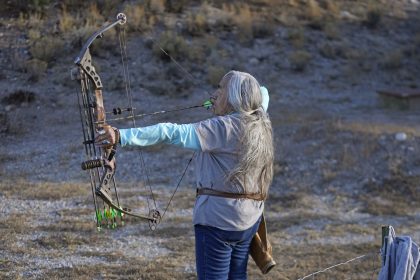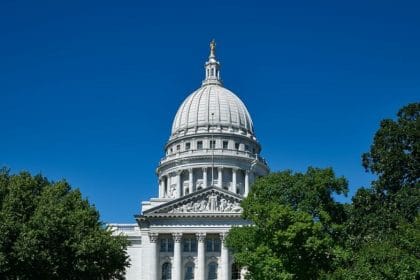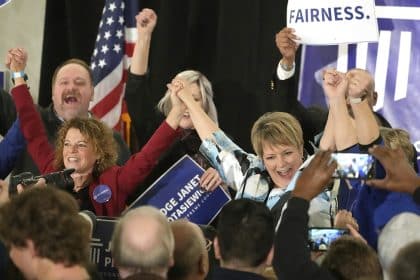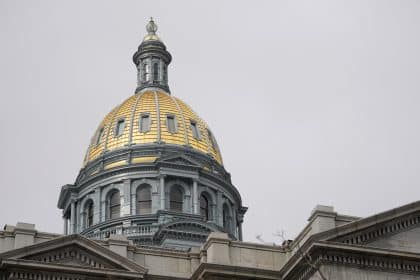Alaska Legislature Convenes For Special Session Amid Budget Fallout

Controversy continues to roil Alaska, a week after the state legislature failed to overturn $444 million in budget cuts by Governor Mike Dunleavy.
The latest dispute, resolved only Wednesday, concerned the location for a special session of the legislature that Dunleavy initially called solely to determine the size of the state’s Permanent Fund dividend.
This week Dunleavy expanded the focus of the session to include what to do about the state’s still unfunded capital budget.
Lawmakers are concerned that Alaska could lose up to $1 billion in federal funding if the state doesn’t fund its share of the capital budget by July 31.
While the Legislature passed the capital budget last month, it couldn’t agree on how to fund it.
But before they could even start talking about that on Thursday, the first day of the special session, all sides had to agree on where to meet.
Dunleavy had called the special session in Wasilla, but majorities of both chambers of the legislature met in Juneau instead.
Dunleavy and the legislature also filed lawsuits to try and invalidate the other’s proposed location for the session.
On Wednesday, the governor capitulated, allowing the session to go forward in Juneau.
Senate President Cathy Giessel, an Anchorage Republican, told reporters the governor’s change of heart followed a series of meetings with the legislature’s four caucus leaders.
The meetings also resulted in the capital budget being added to the session agenda, a move the said he was undertaking to “to bring people together.”
House Speaker Bryce Edgmon, a Dillingham independent, said in a statement that the announcement is a significant step to ending the political turmoil disrupting Alaskans’ lives.
In the meantime, Dunleavy and the legislature appear to have also found a way forward while a suit filed by state lawmakers over K-12 education funding winds its way through the state courts.
The legislature sued Dunleavy in Juneau Superior Court last week over how education is funded in fiscal year 2020.
But in a joint motion filed this week, the Legislature and the governor’s office have asked the court to disburse funds on a monthly basis while the lawsuit proceeds in order to ensure “that Alaska’s schools receive timely state funding.”
The motion asks that funds equaling the “total amount of state aid calculated under the public school funding formula” as well as the pupil transportation funding formula continue to be provided until the court makes a judgement, or June 30 of 2020, whichever comes first.
The request does not include the additional $30 million that was appropriated in 2018.
In a separate motion, the legislature asked for an expedited hearing to settle their lawsuit.
And all of this comes after the Legislature failed on July 10 to override Gov. Mike Dunleavy’s decision to veto $444 million from the state operating budget.
The body needed only 45 votes to override the veto, but because Dunleavy had scheduled the session in Wasilla rather than the state Capitol in Juneau, many lawmakers were absent for the vote.
Juneau and Wasilla are 600 miles apart, and separated by at least three hours of travel including a drive to the nearest airport and flight to the archipelago of Juneau.
Dunleavy’s cuts hit the state’s social services particularly hard. Public libraries, early childhood education, Medicaid dental coverage, behavioral health treatment grants, and public broadcasting all experienced dramatic cuts.
Lawmakers have already said they don’t expect to be able to fulfill the governor’s promised $3,000 payout from the state’s Permanent Fund dividend, an annual payment made to Alaskan households to compensate them for the use of their natural resources.
Earlier this week the House Finance Committee proposed long-shot legislation that could reverse most of the governor’s cuts, but it would mean the Permanent Fund payout for this year would be only $929, far below what the Dunleavy wants.
























